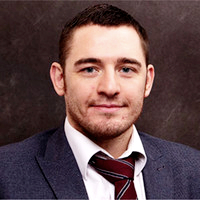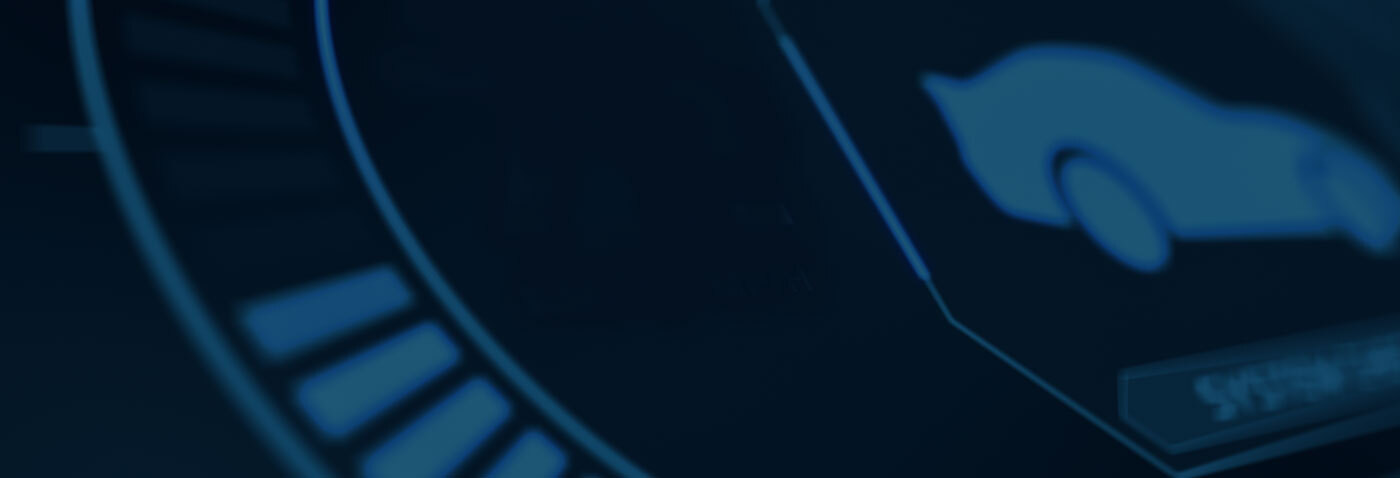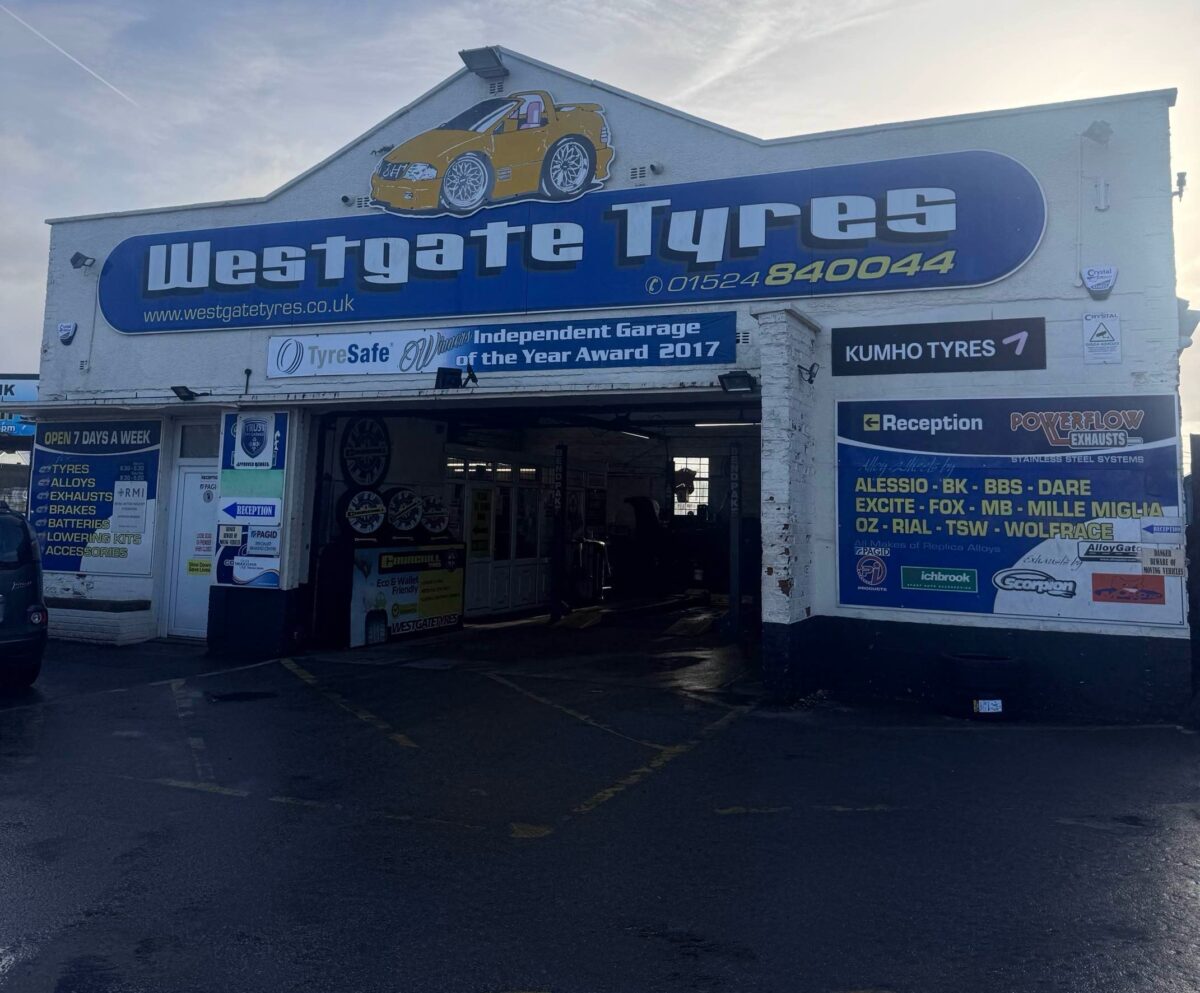To mark OmbudsDay, we’ve caught up with ombudsman Greg Byron to find out about his career background and the importance of his role for consumers and businesses.

Most recently, Greg worked in the transport sector within the Civil Service. Specifically, he looked to challenge the perception that complaints should be seen simply as a cost of doing business, instead of being a great opportunity for organisations to learn directly from their customers.
“The role of any ombudsman is to consider the evidence at their disposal, and come to a decision that is both fair and reasonable based on the facts provided”
TMO: How does being an ombudsman differ from working in a law firm, now that you have had experience of both?
GB: Based on my experience within the legal sector, it is common for an individual to have to wait a significant amount of time for their case to be considered and incur significant costs in the process also.
I believe that Alternative Dispute Resolution (ADR) is suitably titled, as it offers an “alternative” approach to the traditional legal route in that it is often much quicker as a means of resolving an issue, and is of course, free for the consumer.
This is the fundamental difference between the two, and while both routes should produce an outcome that is appropriate in the circumstances, Ombudsman schemes should be seen as a beneficial avenue to consider in terms of their speed and cost, especially considering the cost-of-living crisis we are experiencing as a population.
On a day-to-day basis, my role as an ombudsman is similar to the work I completed while at a law firm, in that I am reviewing evidence in order to establish what may have happened and what an appropriate resolution would be.
Once that review has taken place, it may involve difficult conversations where one party is not happy with the outcome, but the aim is for both the consumer and business to understand my rationale, even if it is not the outcome they had hoped for.
TMO: What is the key purpose of the ombudsman role?
GB: The role of any ombudsman is to consider the evidence at their disposal, and come to a decision that is both fair and reasonable based on the facts provided.
For businesses, being a member of an Ombudsman scheme demonstrates to potential customers that they place customer service and high standards at the heart of their business. Ultimately, it gives customers confidence that, if something does go wrong, there is an independent organisation that can consider the facts and ensure appropriate steps are taken where needed.
Beyond this immediate impact, it is also important that an ombudsman goes a step further and reports back to the industry on any systemic issues identified so that services are improved in the longer term, and not just on a case by case basis.
TMO: Can you explain briefly what an ombudsman’s final decision is?
GB: At The Motor Ombudsman, we operate a two-stage process.
At the first stage, a complaint will be assigned to one of our legally trained adjudicators who will consider the evidence available to them and make their decision.
Once both parties have received that decision and been given appropriate time to digest its contents, we then ask both parties to confirm whether they accept the decision or wish to challenge it in some way.
Should either party wish to challenge the decision of one of our adjudicators, the complaint will be escalated to our second stage for a final decision by an ombudsman.
Once a complaint reaches this stage, an ombudsman will look at the dispute with a fresh perspective to ensure that all aspects of the complaint and subsequent challenges have been suitably heard before issuing our final decision.
Following the delivery of a final decision, the complainant will be given appropriate time to consider its contents and decide if he/she wishes to accept it. If the complainant accepts the decision, it will become binding upon the business and any remedy should be implemented as soon as possible. However, if a complainant does not accept a final decision from The Motor Ombudsman, the decision will not become binding, and the complainant will be free to use any other avenues available to them to resolve their complaint, such as going to court
This is key to the process of our Ombudsman scheme, as it means that a consumer will not be disadvantaged by bringing their complaint to us, as other routes will remain open if they do not agree with our findings. However, a judge may take into account an ombudsman’s final decision within their ruling.
TMO: How do you apply your legal knowledge and guidelines within The Motor Ombudsman’s four Codes of Practice to your delivery of final decisions?
GB: Throughout my career in Alternative Dispute Resolution (ADR), I have applied the law and various Codes of Practice to disputes in the transport sector, the energy sector, the telecommunications sector, the home improvement sector and the legal sector.
When considering a complaint, I firstly look to establish the facts and a timeline of what has happened. From there, I look to the law and any applicable Codes of Practice to establish what a consumer could expect to have happened versus what occurred in reality.
I find that considering a complaint from an “expectation versus reality” point of view allows me to identify any shortfalls that may have happened, and establish a range of reasonable responses to put those shortfalls right.
When working on any dispute, The Motor Ombudsman must consider what the law requires as a pre-requisite before turning to consider what our Codes of Practice require of businesses that are accredited.
Ultimately, ADR schemes exist as an alternative to the traditional legal routes, but we are nevertheless bound by what the law requires, and for that reason, Motor Ombudsman staff responsible for making decisions are legally trained to ensure that appropriate consideration for relevant legislation is given at all stages of our process.
TMO: What sparked your interest in working in the transport sector?
GB: I have been working in the transport sector for a number of years, albeit my focus previously was in rail. Working within the transport sector during the Covid pandemic highlighted the importance of the sector in the daily lives of everyone in the country.
During the pandemic, many individuals opted not to use public transport during this time. The reliance on a personal vehicle became even more important to retain our independence and maximise our ability to move around and enjoy the outdoors that we all came to cherish during the lockdowns.
As such, my move to The Motor Ombudsman came at a time when the average consumer may rely on their vehicle as their mode of transportation more than perhaps, ever before.
TMO: What do you enjoy most about working at The Motor Ombudsman?
GB: Whilst I have already touched on the importance of feeding back trends and systemic issues to the industry, I enjoy the feeling of making a difference to the lives of individuals, where I have identified a shortfall or a failing in some way.
Throughout all my time working in ADR, I have always remained conscious that, at the point a complaint reaches my desk, the parties involved will have already invested a considerable amount of time in getting it resolved, which can often lead to uncertainty and worry about how and when the dispute will be concluded.
As such, I place real value on my role in providing an independent view on what has happened and any remedy that may be appropriate. It gives me real pride that by providing my rationale, this can offer some form of closure to those involved even if it is not an outcome they were hoping for.
TMO: What are the more challenging aspects of your job?
GB: As with many things, the quality of the output I am able to produce in the form of decisions is largely reliant on the quality of the input in the form of evidence received from both sides. The biggest challenge when looking at complaints is being able to produce a coherent timeline of events that is supported by the facts presented by the consumer and business.
It is often the case that I will need to ask one or both parties for more information so I can ensure my investigation is as complete as possible. When doing so, I often find myself emphasising to both parties that I can only make my decision based on the evidence put in front of me, so it is important for them to provide everything they can.
It can of course be a struggle to produce a final decision when there are gaps in the evidence, therefore highlighting the need for all documentation to be provided upfront.
TMO: What are the key skills that you have brought to your role as an ombudsman?
GB: I believe that time management and planning are key skills that are required to be an effective ombudsman.
We receive many complaints, and some of those may require further information to enable a thorough decision to be made. As such, there is a balancing act to be performed in some situations, but good time management allows for that to take place without compromising the quality of the decisions produced.
Additionally, it is a key aspect of any decision-making process to plan an investigation and ensure that appropriate weight is given to various pieces of evidence. This is important to establish clarity of thought during the decision-making process, so that by the time the final outcome is sent to the parties involved, it is clear and concise, whilst still being thorough and easy to follow.
TMO: If you weren’t an ombudsman, what other career path would you have chosen?
GB: After finishing university, I had every intention of pursuing a career as a solicitor, and had I not taken up a position at an Ombudsman, I imagine I would have continued down this path in some form.
I have always been interested in the law and the deep analysis that comes with it. As such, I am delighted that I am able to still apply that kind of thinking to my current role.
However, if I had to choose something completely different, I may have looked into roles involving emerging technology. I find it interesting to study how technology develops all the time to make our lives very different from that of our parents and grandparents, for better or worse!
TMO: What do you like doing outside of the working week?
GB: Outside of work, I enjoy spending time with my family and friends.
I have a huge passion for sport, and I can often be found watching, listening or debating some form of sport with family, friends, or indeed anyone willing to listen!
Beyond that, I spend my time, like many others, binge watching various box sets on television during the evenings, and where possible, visiting family and friends that are dotted around the country. Quite often, these catch-ups will involve a friendly quiz in a local pub or a walk in the country!
Interview conducted in October 2022.
Read our Q&A with our ombudsman Sadie Marshall here.












